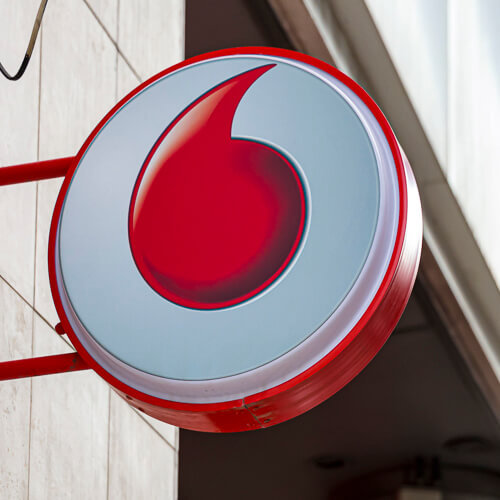Paul is based on the Isle of Wight, a rocky outcrop off the English coast that is home only to a colony of technology journalists and several thousand puffins.
He has worked as a writer and copy editor since the age of William Caxton, covering the design industry, D-list celebs, tourism and much, much more.
During the noughties Paul took time out from his page proofs and marker pens to run a small hotel with his other half in the wilds of Exmoor. There he developed a range of skills including carrying cooked breakfasts, lying to unwanted guests and stopping leaks with old towels.
Now back, slightly befuddled, in the world of online journalism, Paul is thoroughly engaged with the modern world, regularly firing up his VHS video recorder and accidentally sending text messages to strangers using a chipped Nokia feature phone.

